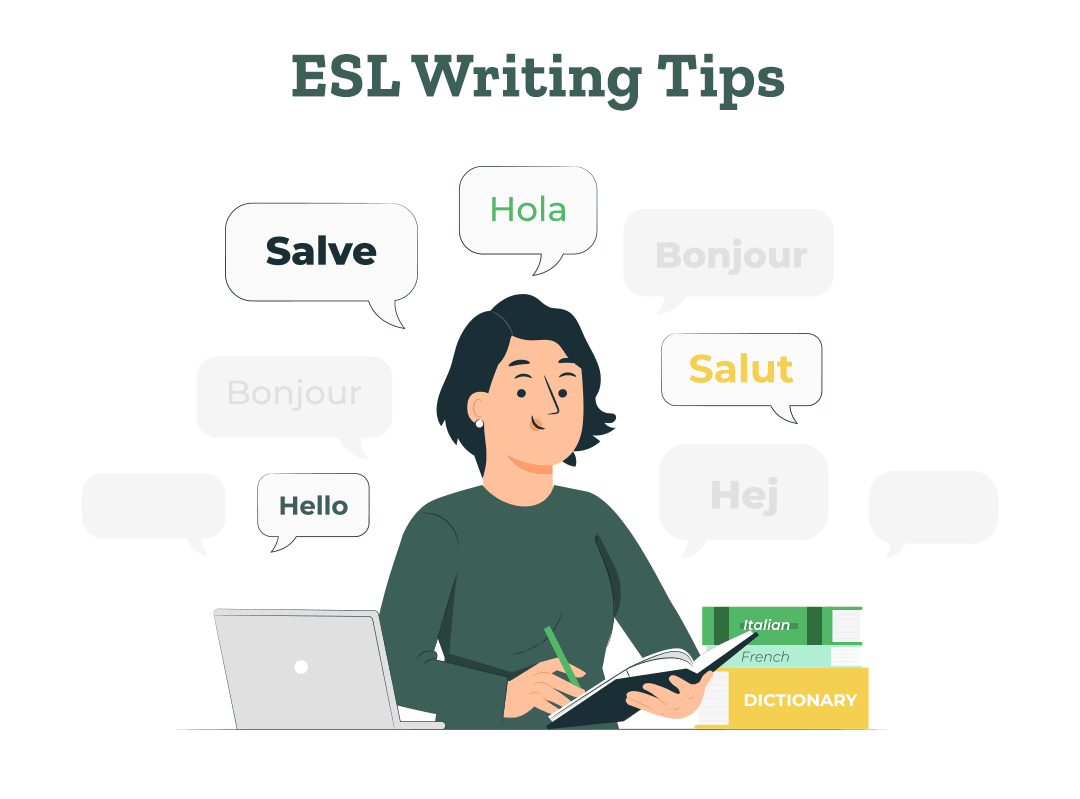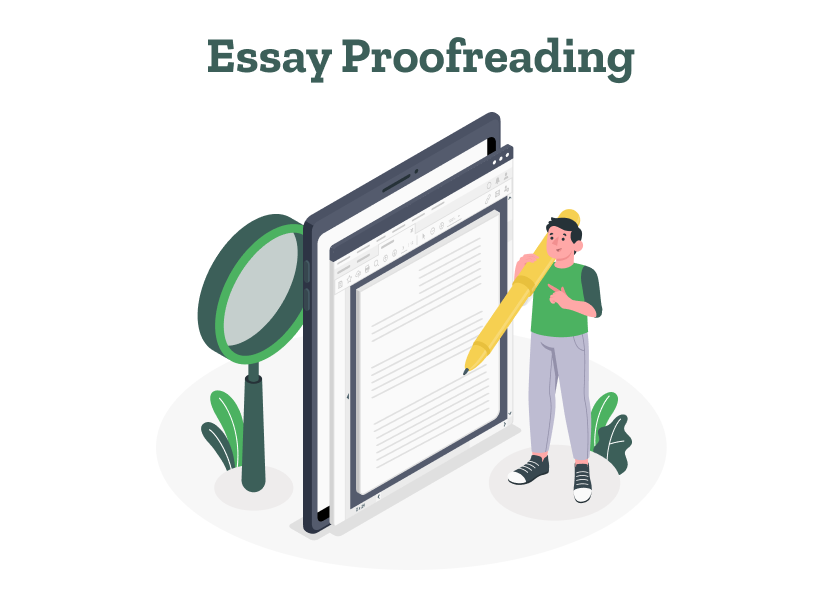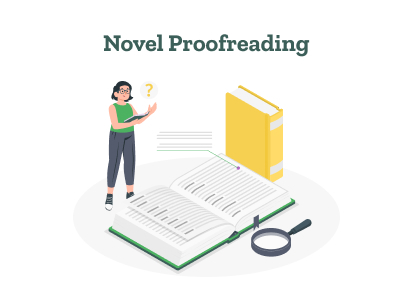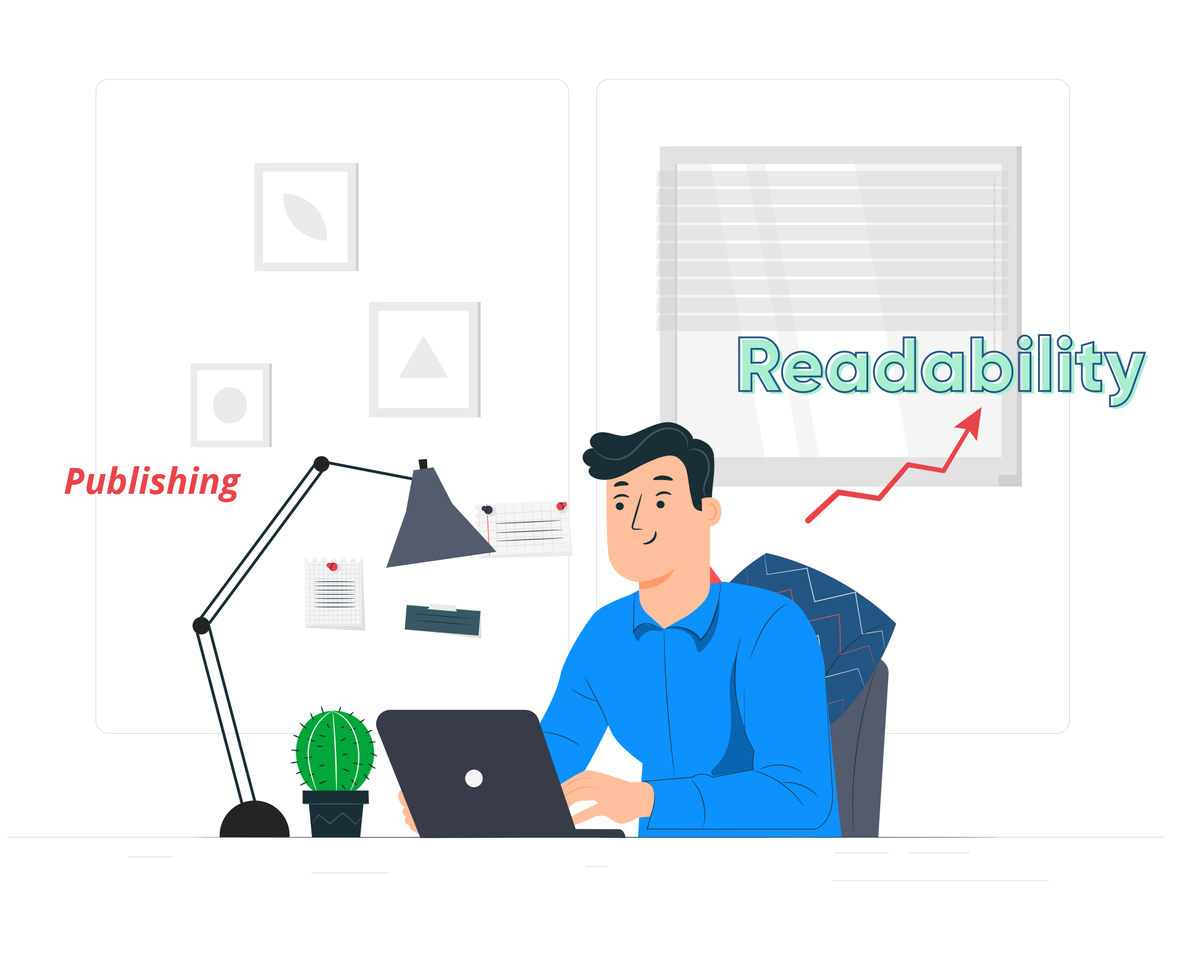- What is Predatory Publishing?
- Tips to Self-Edit Your Dissertation
- Guide to Essay Editing: Methods, Tips, & Examples
- Journal Article Proofreading: Process, Cost, & Checklist
- The A–Z of Dissertation Editing: Standard Rates & Involved Steps
- Research Paper Editing | Guide to a Perfect Research Paper
- Dissertation Proofreading | Definition & Standard Rates
- Thesis Proofreading | Definition, Importance & Standard Pricing
- Research Paper Proofreading | Definition, Significance & Standard Rates
- Essay Proofreading | Options, Cost & Checklist
- Top 10 Essay Editing Services of 2023
- Difference Between Paper Editing and Peer Review
- What is Predatory Publishing?
- What are the different types of peer review?
- How to deal with rejection from a journal?
- Editing and Proofreading Academic Papers: A Short Guide
- Primary and Secondary Sources
- How to Carry Out Secondary Research
- The Results Section of a Dissertation
- Checklist: Is my Article Ready for Submitting to Journals?
- Types of Research Articles to Boost Your Research Profile
- The Top 5 Dos & Don’ts of Academic Writing | Useful Examples
- 8 Types of Peer Review Processes You Should Know
- The Ethics of Academic Research
- How to Create In-Text Citations and Reference Page in APA 7
- MLA 9th Edition Paper Format Guidelines
- How To Craft Winning Admission Essays
- How does LaTeX based proofreading work?
- How to Improve Your Scientific Writing: A Short Guide
- Chicago Title, Cover Page & Body | Paper Format Guidelines
- How to Write a Thesis Statement: Examples & Tips
- Chicago Style Citation: Quick Guide & Examples
- Top 10 Dissertation Editing Services of 2023
- How to Format a College Essay: Format Template & Tips
- Research Paper Outline: Templates & Examples
- APA Header, Cover Page & Body – Paper Format Guidelines
- The A-Z Of Publishing Your Article in A Journal
- What is Journal Article Editing? 3 Reasons You Need It
- 5 Powerful Personal Statement Examples (Template Included)
- How to Write a Lab Report: Examples from Academic Editors
- Formatting Tips on MS Word for Dissertations
- Plagiarism: How to avoid it in your thesis?
- Final Submission Checklist | Dissertation & Thesis
- The Ethics of Academic Research
- 7 Useful MS Word formatting tips for dissertation writing
- How to Write a MEAL Paragraph: Writing Plan Explained in Detail
- How does LaTeX based proofreading work?
- Top 10 Free Citation Generators in 2023 | Quick & Easy
- Citing References: APA, MLA, and Chicago
- Why is it Important to Cite Your Sources?
- How to Cite Sources in the MLA Format
- How to Create In-Text Citations and Reference Page in APA 7
- MLA Citation Examples: Cite Essays, Websites, Movies & More
- APA Citation Examples: The Bible, TED Talk, PPT & More
- MLA 9th Edition Paper Format Guidelines
- Chicago Title, Cover Page & Body | Paper Format Guidelines
- Chicago Style Citation: Quick Guide & Examples
- 10 Best Free Plagiarism Checkers of 2023 [100% Free Tools]
- APA Header, Cover Page & Body – Paper Format Guidelines
- Top 10 Free Citation Generators in 2023 | Quick & Easy
- Citations and References: What Are They and Why They Matter
- Writing a Dissertation Proposal
- Top 10 Best Academic Research Resources
- Formatting Tips on MS Word for Dissertations
- How to Prepare for Your Dissertation Defense
- The Acknowledgments Section of a Dissertation
- Abstract: An Introduction
- The Table of Contents Page of a Dissertation
- The Introduction Chapter of a Dissertation
- The Literature Review of a Dissertation
- How to Choose a Topic for Your Dissertation
- Tips to Self-Edit Your Dissertation
- The Results Section of a Dissertation
- Plagiarism: How to avoid it in your thesis?
- Final Submission Checklist | Dissertation & Thesis
- The Only Dissertation Toolkit You’ll Ever Need!
- The Ethics of Academic Research
- 7 Useful MS Word formatting tips for dissertation writing
- 5 Thesis Writing Tips for Master Procrastinators
- How to Write a Dissertation | 5 Tips from Academic Editors
- The Title Page of a Dissertation
- The 5 Things to Look for in a Dissertation Editing Service
- Top 10 Dissertation Editing & Proofreading Services
- Top 10 Dissertation Editing Services of 2023
- Why is it important to add references to your thesis?
- The Research Methodology Section of a Dissertation
- Thesis Editing | Definition, Scope & Standard Rates
- How to Pick the Perfect Essay Topic
- Essential Research Tips for Essay Writing
- How to Write a MEAL Paragraph: Writing Plan Explained in Detail
- How To Craft Winning Admission Essays
- How to Write a Thesis Statement: Examples & Tips
- Top 10 Essay Writing Tools in 2023 | Plan, Write, Get Feedback
- How to Format a College Essay: Format Template & Tips
- How to Write an Impactful Personal Statement (Examples Included)
- What Is a Mind Map? Free Mind Map Templates & Examples
- How to Structure Your Essay
- How to Write an Essay Outline: 5 Examples & Free Template
- How to Write an Essay Header: MLA and APA Essay Headers
- What Is an Essay? Structure, Parts, and Types
- How to Write an Essay in 8 Simple Steps (Examples Included)
- 8 Types of Essays | Quick Summary with Examples
- Expository Essays | Step-by-Step Manual with Examples
- Guide to Essay Editing: Methods, Tips, & Examples
- Narrative Essay | Step-by-Step Guide with Examples
- How to Write an Argumentative Essay (Examples Included)
- Guide to a Perfect Descriptive Essay [Examples & Outline Included]
- How to Start an Essay: 4 Introduction Paragraph Examples
- How to Write a Conclusion for an Essay (Examples Included!)
- Top 10 Essay Editing Services of 2023
Still have questions? Leave a comment

Checklist: Dissertation Proposal
Enter your email id to get the downloadable right in your inbox!

Examples: Edited Papers
Enter your email id to get the downloadable right in your inbox!
Primary and Secondary Sources
 Oct 06, 2020
Oct 06, 2020 5
min read
5
min read
Researchers use a variety of sources to gather information and evidence. They can be classified as primary and secondary sources.
What is a primary source?
Primary sources give you direct, first-hand access to information about your research topic. They are direct witnesses to whatever phenomenon, event, or person you are studying. In other words, primary sources provide original, unfiltered information.
They tend to be the main objects of your study, and any analysis directly comes from a primary source.
Primary sources are particularly useful when you are studying something of the past. Since you, as the researcher, will never be able to witness the subject as it unravels, you instead rely on sources of that era produced by the people who did witness it. For example, if you are studying World War II, primary sources you can rely on are newspapers and letters written when it happened.
The data collected in most cases of empirical research are also primary sources. These can be interviews, testimonies, reports, etc.
Examples of primary sources:
- Empirical studies
- Statistical data
- Transcripts
- Audio and video footage
- Works of art
- Letters
- Memoirs, autobiographies
What is a secondary source?
Secondary resources analyze and interpret primary data. It is not first-hand raw data, but a discussion of existing sources. It is a step away from primary data: instead of gaining information from an original source about your topic, you instead encounter the work of a researcher who has already studied it. Secondary sources are distilled in that sense, providing you a point of reference through someone else’s eyes. These kinds of sources usually analyzes, interprets or summarizes existing data.
Secondary sources, while not directly analyzed, are often used as reference points to strengthen your argument, or counter an existing argument about your subject.
Examples of secondary sources:
- Books, articles, papers providing comprehensive summaries
- Documentaries and films about the topic of study
- Encyclopedias and textbooks
- Literature reviews of your topic
How do I identify one from the other?
If the author of the source had a hand in creating it, then you’re looking at a primary source.
If the author of the source is not directly involved in its creation, and is simply analyzing it, then you’re looking at a secondary source.
Sometimes secondary sources can also double up as primary sources. So it entirely depends on what is being studied. For example, if one of your sources is a WW2 documentary, it can be a secondary source for the study about the war, but it is a primary source for a study about war documentaries.
Hope this helps you navigate the world of academic resources with ease! Follow PaperTrue for more insights about academic writing.










